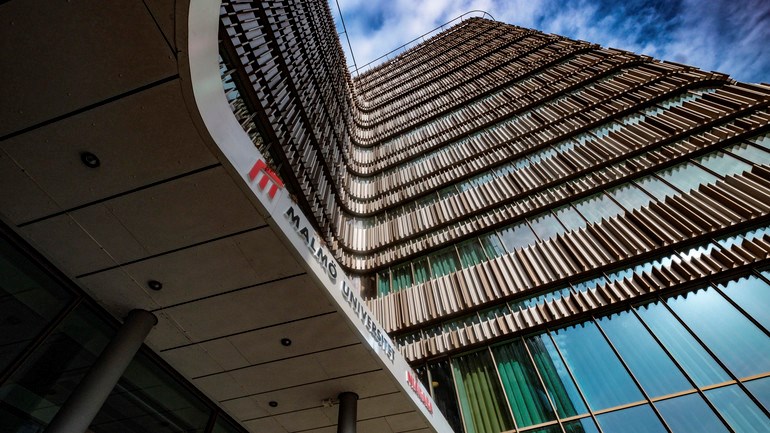The role of universities is to contribute knowledge even in times of war and conflict

Malmö University’s mission is to educate and conduct research, even in times of war and conflict. The University is a place for us to contribute knowledge based on academic rigour, critical thinking and open dialogue.
In a world with several ongoing wars and conflicts, it is pertinent to ask what the role of universities is. Most recently, Uppsala University’s Board issued a statement calling on the Government to take action on the humanitarian catastrophe in Gaza, which constitutes a violation of international law and human rights. A large group of researchers has called for an end to institutional collaborations with Israel. Malmö Academics for Palestine has sent a letter to the University Board urging it to take action, and the issue will be raised at the University Board meeting in June. Malmö Students for Palestine has also written to the University Management.
Academic freedom
Malmö University is grounded on the values of academic freedom and autonomy as established in the Magna Charta Universitatum. Universities must be independent from external pressures and defend the autonomy, integrity and quality of education and research.
“The University’s mission is to conduct education and research. As an educational institution, it is not our role to take a position on foreign policy issues,” says Vice-Chancellor Mia Rönnmar.
“I am proud of our knowledgeable staff who, through their work and commitment, contribute to democracy, human rights and a better world,” says Mia Rönnmar.
A good and safe study environment
The University is a place for critical thinking and open dialogue, where different opinions can be expressed.
“At the same time, the University should be a place where students and staff feel welcome and safe. We do not tolerate threats, hatred or abuse,” says Vice-Chancellor Mia Rönnmar.
If you feel concerned or need support, you can get help from Student Health Services, the HR Department or our occupational health care provider.
Responsible internationalisation
Internationalisation and the free exchange of knowledge are fundamental to universities. Collaboration with international partners in education and research has become more complex. Our position is that decisions to enter into or terminate collaborations must be assessed on a case-by-case basis and based on principles of responsible internationalisation.
“We need to be aware of the opportunities and risks that collaborations can entail, as well as what it may mean to refrain from them. Collaborations are based on long-term thinking and trust, which are necessary for the creation of knowledge,” says Rebecka Lettevall, Pro-Vice-Chancellor for Global Engagement and Human Rights.
Promoting engagement and collaboration
Open and critical dialogue is needed on complex and controversial issues. Over the past year, Malmö University has hosted several open discussions on academic freedom and responsible internationalisation. Dialogue has been conducted with Malmö Academics for Palestine and Malmö Students for Palestine.
Malmö University participates in several international organisations such as Scholars at Risk, which operates globally to support academic freedom and researchers under threat.
“There are also initiatives among researchers at our University and others to support students through education and help with the reconstruction of universities in Palestine, which is very welcome,” says Pro-Vice-Chancellor Rebecka Lettevall.